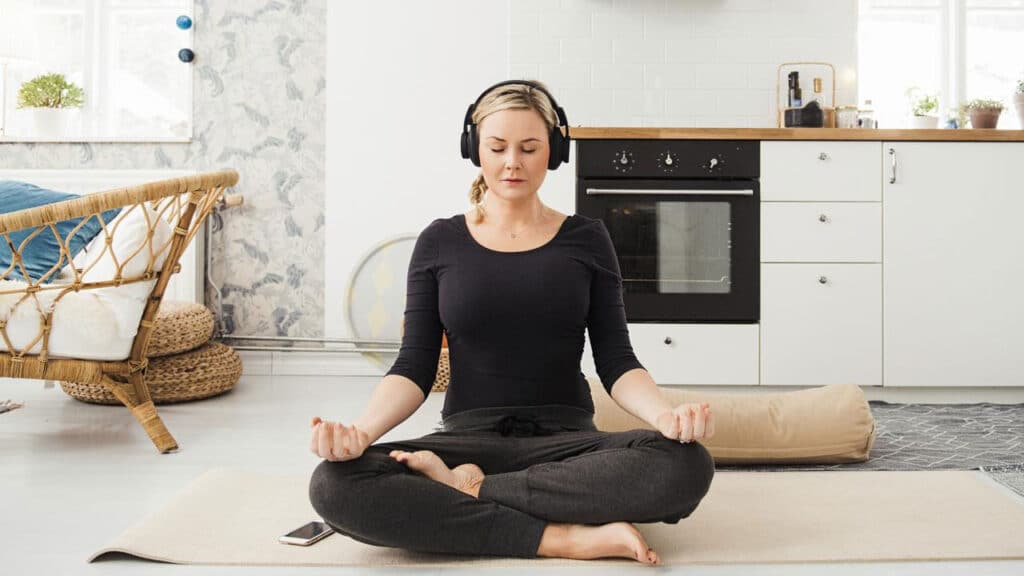You’ve probably heard of mindfulness. It has become increasingly popular in recent years, although it is by no means a modern phenomenon. It’s actually inspired by Buddhist practices that stretch back millennia. Today, one of the main areas where it is used is in the management of anxiety, but does it actually work?
Mindfulness is related to meditation. It’s about focusing your mind so you become more aware of both your physical body and your mental state. Your attention is entirely on the present moment, without any kind of judgment or evaluation of yourself. It is supposed to help you relax and accept your feelings without worrying whether they’re right or wrong.
It was in the 1970s that health professionals really started looking at the therapeutic benefits of mindfulness. It has since been incorporated into many treatment programs for various mental illnesses. Even people who are not religious or mentally ill have been known to use it to try to improve their wellbeing.
One of the most well-known forms of modern mindfulness is the mindfulness-based stress reduction program pioneered in Massachusetts in the 1970s. Secular in nature but drawing heavily on its Buddhist roots, it uses a combination of meditation, body scanning and the simple physical movements of basic yoga to investigate and accept thoughts, feelings, memories and impulses.
Evidence suggests these techniques work for many people and situations. That includes the old and the young, whether they’re mentally healthy or ill. Among its many apparent benefits is relieving various kinds of stress. It can improve your perception of your own body, reducing the impact of a negative body image, and it may give you better coping mechanisms when facing challenges at work or school. You may find your focus improved.
There’s no one magical solution to a problem like anxiety. Mindfulness has a lot of good points, but that doesn’t mean that everyone is going to benefit from it all of the time. Research is still being done into its effectiveness in different situations, and as its rising popularity leads to increased commercialization, it’s a good idea to approach it carefully.
Nevertheless, with so many people seeing advantages from mindfulness, it may be worth trying. Whether you use it alongside other therapies or medications or on its own, it could be a way to ease your anxiety and achieve a better quality of life.




